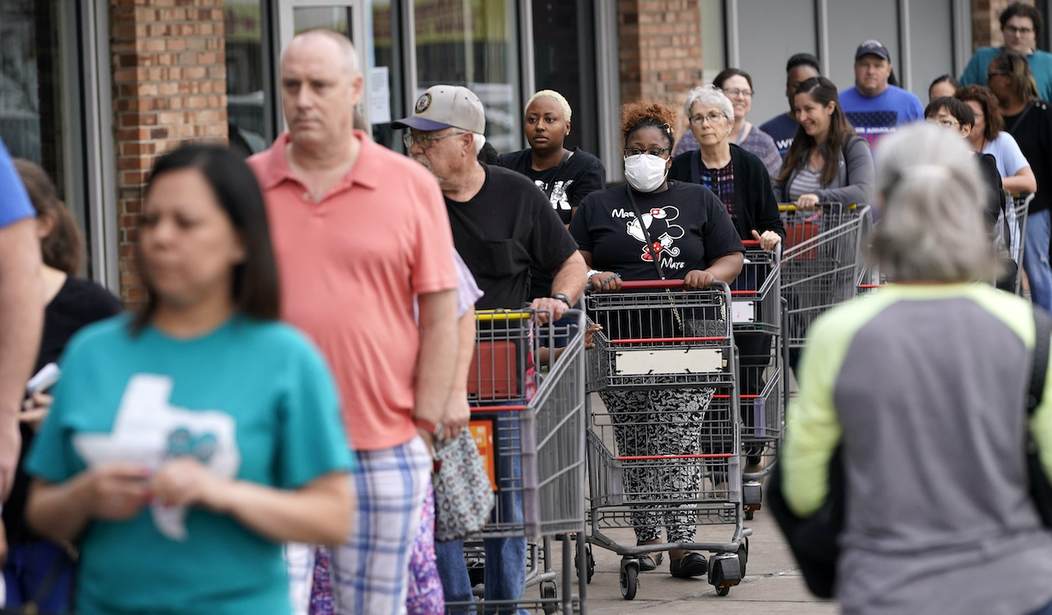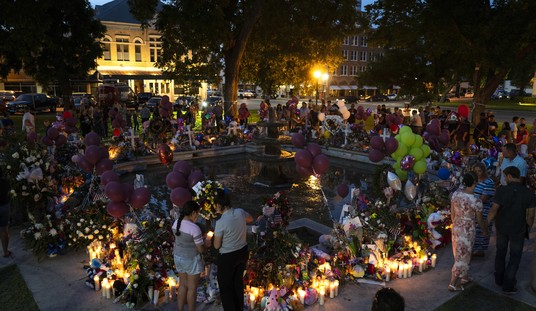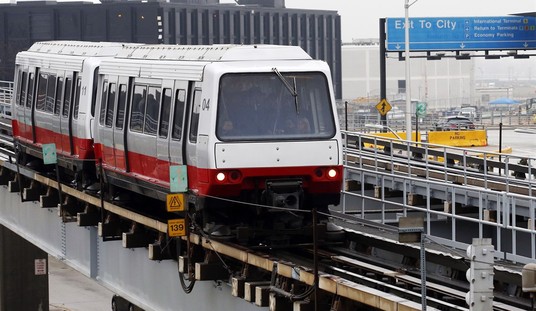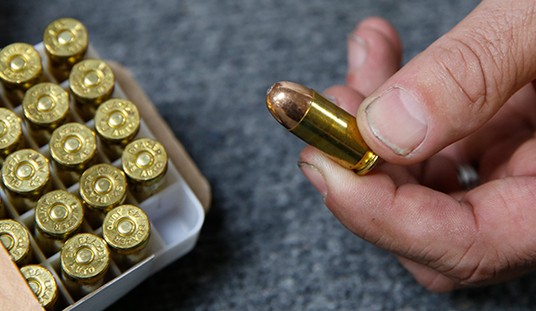The push to close gun stores during the current pandemic isn’t just happening in anti-gun locales like Los Angeles and the state of New Jersey. Even in the Lone Star State there are some counties that are writing shelter-in-place orders allowing essential businesses to remain open, but are silent on the issue of whether or not gun stores are considered essential.
Dallas County’s original shelter-in-place order, for example, originally said nothing about gun stores being essential, but Wednesday afternoon Judge Clay Jenkins amended the order to specify that firearm retailers are indeed critical businesses that should remain open.
In nearby Tarrant County, Judge Glen Whitley also had to go back and amend the county’s original shelter-in-place order, allowing gun stores to remain open as long as they practice social distancing measures.
Even in more rural counties we’ve still seen confusion about whether or not gun stores can remain open.
Parker County issued a public health emergency Monday that did not include gun stores as essential businesses, but some stores kept their doors open.
“I don’t think there is any crisis big enough to take away people’s Second Amendment right,” said Austin Kincaid, store manager at SOS Arms in Weatherford.
Jose Gonzalez, a phone broker at Uncle Dan’s Pawn in South Dallas, said they were an essential business and had nearly sold out of guns Wednesday morning. Most counties in Texas including Dallas have hardware stores, which include pawn shops, in their list of essential retail.
Judge Whitley in Tarrant County said that if a store falls under the essential list but sells other items, including guns, they can continue to open to the public and sell any item in the store.
At least 18 counties had issued stay-at-home orders as of Wednesday. Gun shops were closed in the cities of Austin, Waco and Lubbock, and Tarrant, Dallas, Travis and Bexar counties, according to the Texas State Rifle Association.
Since that original report by the Fort Worth Star-Telegram, we’ve seen those revised orders in Dallas and Tarrant counties. At the moment, it looks like Austin, Waco, Lubbock, and San Antonio are the areas of the state where Texans may find it difficult, if not impossible, to acquire a firearm and some ammunition to protect themselves.
State Rep. Dustin Burrows, a Republican from Lubbock, is now asking the state’s attorney general, Ken Paxton, to weigh in with an opinion on the essential nature of gun stores during an emergency.
“None of the city or county orders which have been issued thus far have designated firearms manufacturers, firearms retailers or shooting ranges as ‘essential businesses,’” state Rep. Dustin Burrows wrote in a request sent Tuesday to Paxton.
Burrows said he believed that state law preempts local rules that would bar firearm sales.
“It does not appear that cities or counties have the authority to restrict the transfer of firearms, even during a natural disaster,” he wrote.
Paxton has 180 days to deliver a nonbinding opinion on the question, though the attorney general, who calls himself a staunch supporter of the Second Amendment, typically answers gun-related questions much more rapidly.
Under the state Government Code, any local “resolution, rule or policy” is void if it blocks “commerce in firearms” or the transfer of firearms. But the law also allows for local regulation of firearm use during natural disasters if the regulations are found “necessary to protect public health and safety.”
There’s a difference between regulating something and banning it altogether. In fact, we’ve seen this argument already play out in Texas. Tarrant County’s requirement that gun stores practice social distancing is a regulation. Travis County’s decision to close gun stores, on the other hand, goes far beyond a regulation. It’s an infringement of the right of residents to keep and bear arms, since they can’t acquire a firearm at a gun store in order to keep it.
While we await the opinion of AG Paxton, it would also be great to hear Gov. Abbot weigh in as well. The governor has already declared that restaurants, for example, can sell bulk food to customers, allowing them to use their own food distribution supply chain to ensure that staples are available for those who need them, and offering up restaurants a financial lifeline as well. If the governor were to issue a statement on the essential nature of gun stores, that would go a long way towards ensuring that residents of the Lone Star State don’t lose access to their most important constitutional rights during this critical moment in history.










Join the conversation as a VIP Member